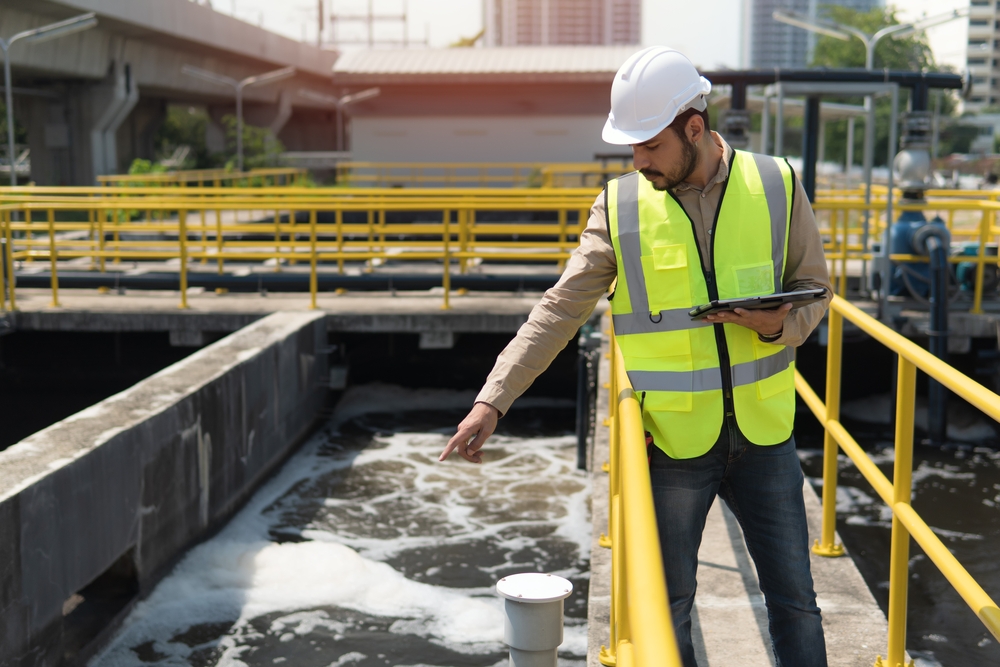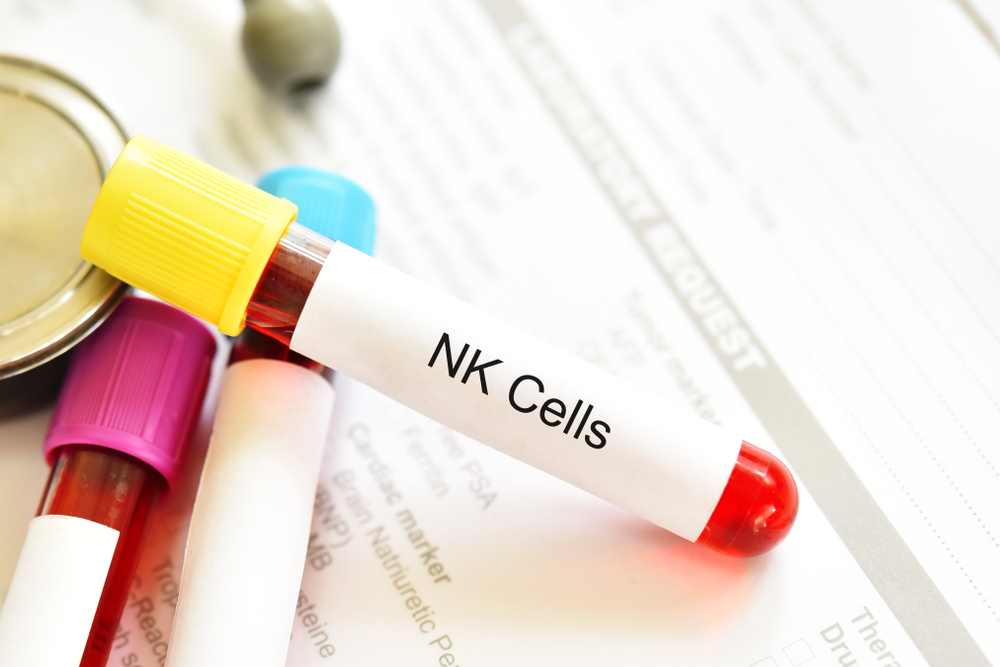 #News
#News
The urgent need for green medicine
Pharmaceutical pollution of ecosystems is a threat to biodiversity, ecosystem services, and public health
 At least 48% of the world's sewage is still discharged untreated into waterways, leading to contamination by active pharmaceutical ingredients (APIs) | Image: Shutterstock
At least 48% of the world's sewage is still discharged untreated into waterways, leading to contamination by active pharmaceutical ingredients (APIs) | Image: Shutterstock
The contents of a tablet, syrup, or injection do not remain entirely in the body of the person who takes the medicine, whether orally or intravenously. And a significant proportion of drugs are discarded without ever being consumed. The pharmaceutical industry does not always dispose of its waste properly, and part of what is used by patients is excreted in feces and urine.
This is a cause for concern, given that at least 48% of the world’s sewage is still discharged untreated into waterways, leading to contamination by active pharmaceutical ingredients (APIs).
In an article published in the journal Nature Sustainability, an international group of scientists warned that APIs pose a serious threat to biodiversity, ecosystem services, and public health.
According to the authors, urgent action needs to be taken to develop “greener drugs” with the same level of effectiveness but lower environmental impacts.
Among the various studies cited in the article was one published in 2022 that measured the levels of 61 different drugs in river waters from 1,052 locations in 104 countries.
In 43% of the samples, the levels exceeded maximum recommended dosages. Some had more than 34 different active pharmaceutical ingredients mixed into the water.
Because of this widespread pollution, some pharmaceutical ingredients have been named priority substances in European water regulations.
The authors of the 2022 paper warn that drug pollution is beyond safe limits, reinforcing the need for the industry to adopt more environmentally friendly practices.
“Evidence has been mounting for decades that trace concentrations of pharmaceutical pollutants and their mixtures can cause severe developmental, physiological, morphological, and behavioral changes in wildlife,” wrote the authors of the Nature Sustainability article.
Feminized fish
In another cited study, conducted in a Canadian lake over a seven-year period, male fish exposed to the hormones contained in birth control pills exhibited feminization and reproductive failure, leading to a population collapse in the local ecosystem.
“Any changes to the survival and reproduction of API-exposed species will inevitably have cascading effects on the ecology and evolution of wildlife populations and communities, potentially driving population declines and local extinctions,” the scientists add.
Another known problem with environmental drug exposure is antimicrobial resistance.
When antibiotics and antifungals come into contact with microorganisms in nature, they cause evolutionary pressure that can result in strains of fungi and bacteria that show drug resistance long before they reach hospitals.

Recommendations
In addition to more rational prescription habits (“the most environmentally friendly medicine is the one that is not required and not prescribed”) and awareness campaigns, the authors suggest other ways of reforming the medicine life cycle.
One recommendation is to develop drugs that degrade completely and more easily, one of the principles of “green chemistry.”
They also emphasize that the pharmaceutical industry needs to reduce waste generation and energy consumption. Stricter regulations, however, are necessary to ensure that such changes are made.
Another important approach is to improve and expand water treatment systems, which ideally would prevent APIs from entering the environment in the first place. In addition to almost half of the world’s sewage being released untreated into the environment, there is no way of removing pharmaceutical ingredients from water after contamination.
Several methods have been proposed, such as the use of activated carbon and ozonation, but at the time of the article’s publication, only Switzerland had implemented any advanced wastewater treatment at a national level, according to the researchers.
The authors urged drug developers, manufacturers, scientists, and policymakers to recognize the growing environmental threat of APIs, calling for them to “urgently prioritize the sustainable design of greener drugs in order to prevent further environmental harm.”
*
This article may be republished online under the CC-BY-NC-ND Creative Commons license.
The text must not be edited and the author(s) and source (Science Arena) must be credited.


